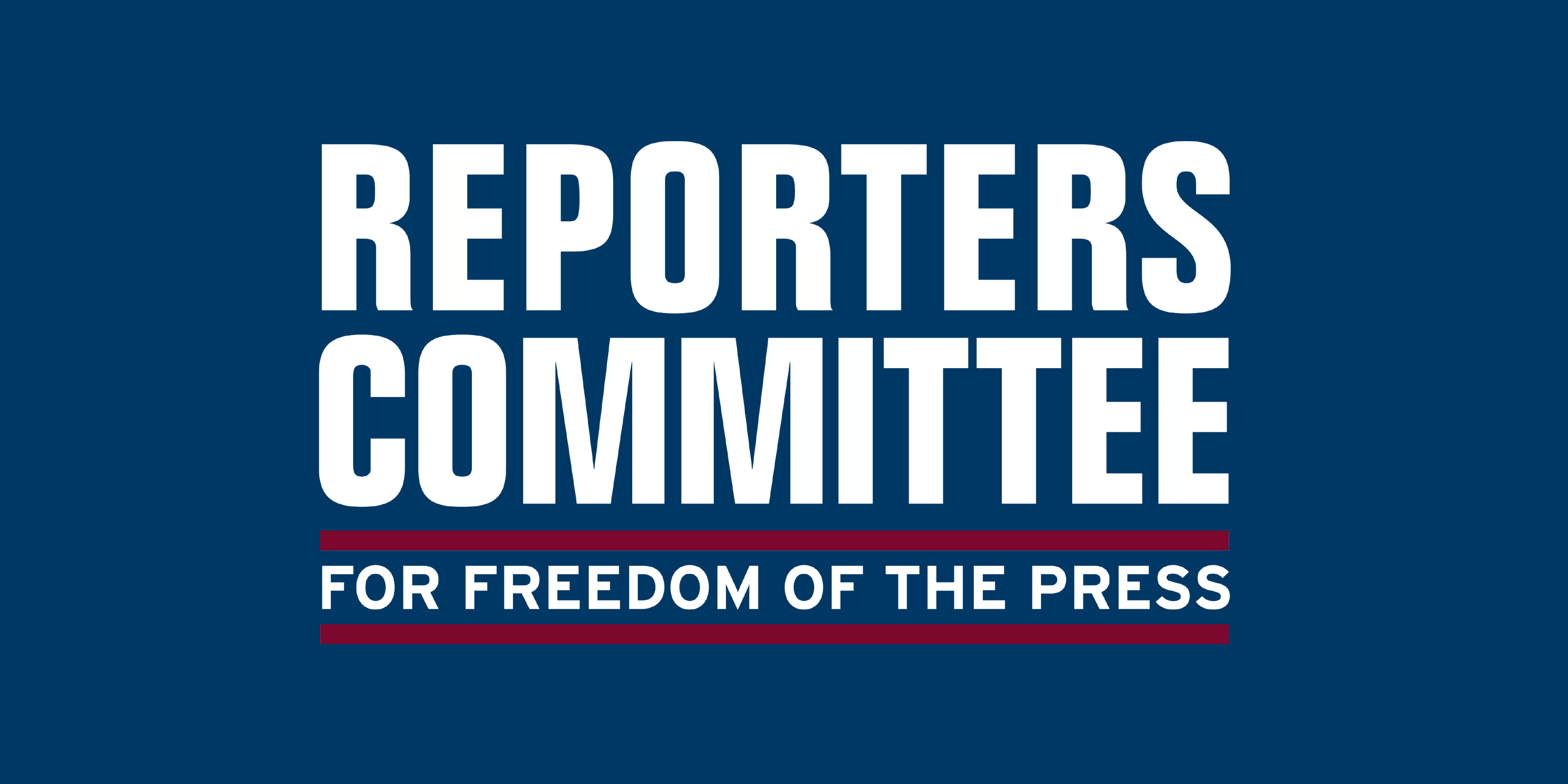Court requires transparency in lawsuit brought by Maine healthcare workers fighting COVID-19 vaccine mandate

A group of healthcare workers challenging the state of Maine’s COVID-19 vaccine mandate for their industry revealed their names for the first time this week after federal courts concluded that they had failed to demonstrate any exceptional circumstances that would justify permitting them to proceed under pseudonyms.
The plaintiffs filing of an amended complaint disclosing their identities was the culmination of a months-long legal battle waged by local news organizations who had intervened in the case to require the workers to identify themselves in their lawsuit against the governor of Maine, senior state health officials and local healthcare providers. Represented by attorneys with the Reporters Committee and law firm Preti Flaherty LLP, the Portland Press Herald/Maine Sunday Telegram, Kennebec Journal, Morning Sentinel and Sun Journal argued that allowing the workers to continue litigating the case under pseudonyms would violate the public’s right of access to court proceedings.
The news organizations argued that hundreds of individuals nationwide have filed COVID-19-related lawsuits using their real names, that these plaintiffs failed to present evidence showing theirs was one of the “exceptional cases” permitting pseudonymity, and that there is a particularly high public interest in this case given its bearing on important issues of constitutional law and government authority.
“The plaintiffs’ claim that this law is unconstitutional as applied to them necessarily turns on who these workers are,” said Sasha Dudding, the Reporters Committee’s E.W. Scripps Legal Fellow, who worked on this case. “These are important constitutional claims … and for people to be able to litigate them in secrecy conceals from the public important information that’s relevant to the outcome of the case.”
Last August, the U.S. District Court for the District of Maine allowed the workers to file their original complaint under pseudonyms but reserved the right to revisit the issue as the case progressed. After the U.S. Supreme Court said it would not prevent Maine’s vaccine mandate from taking effect while the healthcare workers pleaded their case, the news outlets moved to unseal the worker’s identities.
In May, the district court sided with the news organizations, ordering the healthcare workers to file an amended complaint using their own names. The healthcare workers appealed the district court’s decision to the First Circuit and filed an emergency motion to stay the unsealing order. Though the First Circuit had not ruled on the appeal, it denied the healthcare workers’ emergency motion, writing that the workers failed to show a “reasonable fear of harm” that would result from the disclosure of their names.
On July 11, the plaintiffs filed an amended complaint revealing the identities of the seven healthcare workers who are pursuing their claims. According to the Portland Press Herald, two healthcare workers decided to withdraw from the lawsuit because their workplaces are no longer subject to the mandate.
“From a legal perspective, this ruling is very important,” Dudding said. “The First Circuit hasn’t weighed in a lot on pseudonymity before, so this sets a good precedent.”
The Reporters Committee regularly files friend-of-the-court briefs and its attorneys represent journalists and news organizations pro bono in court cases that involve First Amendment freedoms, the newsgathering rights of journalists and access to public information. Stay up-to-date on our work by signing up for our monthly newsletter and following us on Twitter or Instagram.